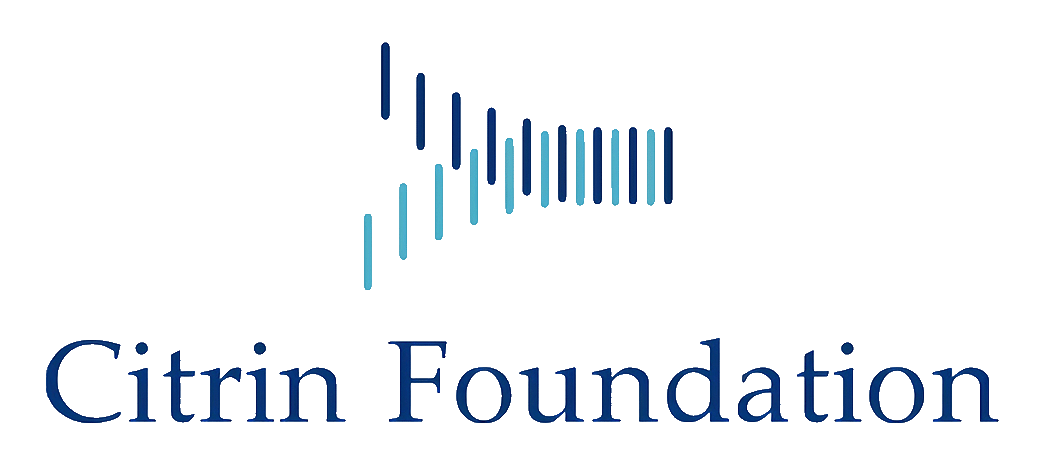PREVENTION
Based on the current research on citrin deficiency, the following factors may prevent the onset and/or worsening of symptoms associated with FTTDCD or CTLN2:
High protein and fat, low carbohydrate diet
Patients should adhere to a diet that is rich in protein and fat, while being low in carbohydrates to prevent hyperammonemia and failure to thrive in growing children [Okano et al. 2019, Saheki et al. 2020, Häberle & Rubio 2022].
MCT supplementation
MCT is rapidly absorbed by liver cells as medium-chain fatty acids and metabolized to acetyl-CoA, which is then oxidized in the tricarboxylic acid (TCA) cycle to produce energy in the form of adenosine triphosphate (ATP). MCT supplementation also promotes de novo lipogenesis, reducing redox stress via the malate-citrate shuttle by converting excess cytosolic NADH to NAD+ [Hayasaka 2021; Hayasaka 2023]. Therefore, MCT supplementation may improve the metabolic disturbances resulting from a dysfunctional malate-aspartate shuttle. Based on the biochemical benefits of MCT supplementation, it may be advisable for patients to continue taking MCT even after the improvement of their clinical symptoms [Kido et al. 2022; Hayasaka 2023].
PRECAUTIONS
Things to avoid for citrin deficiency patients
Please find the list of references here.
